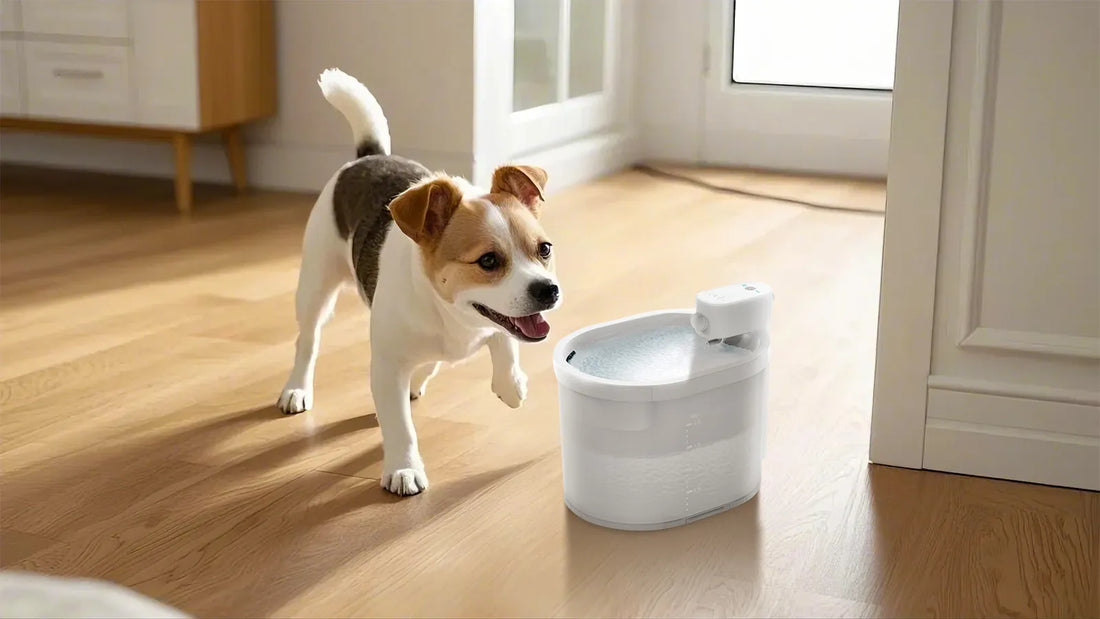If your cat is eating and drinking but not peeing or pooping, it’s natural to feel concerned. This behavior can indicate a range of underlying issues, from minor digestive problems to serious health conditions. Understanding the potential causes and knowing when to seek veterinary care is crucial for your cat’s well-being. Let’s explore the possible reasons behind this behavior and what you can do to help your furry companion.
Common Causes of a Cat Not Peeing or Pooping
When a cat stops eliminating waste despite eating and drinking, it’s often a sign of an internal issue. Here are some common causes:
Urinary Tract Issues
Urinary tract infections (UTIs) or blockages can prevent a cat from urinating. Male cats are particularly prone to urinary blockages, which can be life-threatening if not treated promptly. Symptoms may include straining in the litter box, vocalizing in pain, or frequent trips to the litter box with little to no output.
Constipation
Constipation is a common issue in cats, especially older ones. It can be caused by dehydration, a lack of fiber in the diet, or underlying medical conditions. Signs of constipation include straining to defecate, hard or dry stools, and reduced frequency of bowel movements.
Intestinal Blockage
An intestinal blockage, often caused by ingesting foreign objects, can prevent a cat from passing stool. This is a serious condition that requires immediate veterinary attention. Symptoms may include vomiting, lethargy, and a distended abdomen.
Kidney Disease
Chronic kidney disease can affect a cat’s ability to urinate normally. This condition is more common in older cats and may also cause increased thirst, weight loss, and lethargy.
Signs to Watch For
If your cat is eating and drinking but not peeing or pooping, pay close attention to other signs that may indicate a problem. These include:
- Straining in the litter box
- Vocalizing in pain
- Lethargy or decreased activity
- Vomiting or loss of appetite
- Swollen or tender abdomen
When to Seek Veterinary Care
If your cat hasn’t urinated or defecated for more than 24 hours, it’s essential to consult a veterinarian. Delaying treatment can lead to severe complications, including kidney failure or rupture of the bladder or intestines. Your vet will perform a physical examination, blood tests, and imaging studies to determine the underlying cause and recommend appropriate treatment.
How to Help Your Cat at Home
While veterinary care is crucial, there are steps you can take at home to support your cat’s health:
Encourage Hydration
Ensure your cat has access to fresh water at all times. Consider using a water fountain to encourage drinking, as some cats prefer running water.
Adjust Their Diet
If constipation is suspected, adding fiber to your cat’s diet may help. Consult your vet before making any dietary changes.
Monitor Their Litter Box
Keep an eye on your cat’s litter box habits. Note any changes in frequency, consistency, or behavior during elimination.
Provide a Stress-Free Environment
Stress can contribute to urinary and digestive issues. Ensure your cat has a calm and comfortable environment with plenty of hiding spots and enrichment activities.
Preventive Measures
Preventing issues before they arise is the best way to keep your cat healthy. Here are some tips:
- Feed a balanced diet appropriate for your cat’s age and health needs.
- Encourage regular exercise to promote digestion and overall health.
- Schedule routine veterinary check-ups to catch potential issues early.
- Keep hazardous objects out of reach to prevent accidental ingestion.
If your cat is eating and drinking but not peeing or pooping, don’t wait to take action. Early intervention can make all the difference in ensuring your cat’s health and happiness. By understanding the potential causes and knowing when to seek help, you can provide the best care for your feline friend. Remember, your vet is your best ally in keeping your cat healthy and thriving.













